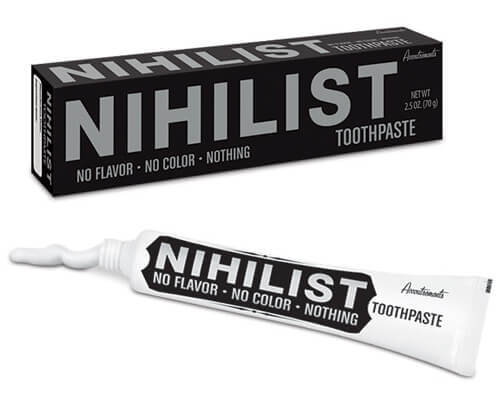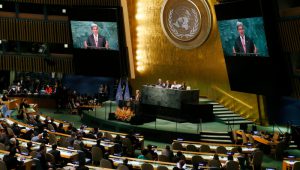
Nice DE-veining of ‘design thinking’ in the CHE:
Despite his enthusiasm, Miller struggles to define design thinking. “It’s an approach to problem-solving based on a few easy-to-grasp principles that sound obvious: ‘Show Don’t Tell,’ ‘Focus on Human Values,’ ‘Craft Clarity,’ ‘Embrace Experimentation,’ ‘Mindful of Process,’ ‘Bias Toward Action,’ and ‘Radical Collaboration.’” He explains further that these seven points can be reduced to what are known as the five “modes”: “Empathize,” “Define,” “Ideate,” “Prototype,” and “Test.” He seems particularly impressed with “Empathize”: “Human-centered design redescribes the classical aim of education as the care and tending of the soul.”
Beautiful. Compelling. But what does it mean? According to the d.school’s An Introduction to Design Thinking PROCESS GUIDE, “The Empathize Mode is the work you do to understand people, within the context of your design challenge.” We can dress things up with language about the “soul,” but this is Business 101: Listen to your client and find out what he or she wants.
Miller calls the Empathize Mode “ethnography,” which is uncharitable to cultural anthropologists who spend their entire lives learning how to observe other people. Few anthropologists would sign on to the idea that amateurs at a d.school boot camp strolling around Stanford and gawking at strangers constitutes “ethnography.” The Empathize Mode of design thinking is roughly as ethnographic as a marketing focus group or a crew of consultants trying to suss out their clients’ desires.
Design thinking, in other words, is just a fancy way of talking about consulting. What Miller, Kelly, and Hennessy are asking us to imagine is that design consulting is a model for retooling all of education. They believe that we should use design thinking to reform education by treating students as clients. And they assert that design thinking should be a central part of what students learn, a lens through which graduates come to approach social reality. In other words, we should view all of society as if we are in the design-consulting business.
Okay maybe not so nice. But still, the designification of arts and any other kind of education is a wagon train that should stopped, frisked, emptied of its contents, its wheels broken and used for firewood and little shacks built from the wagon bodies to shield the shysters pioneers from the winter cold because THAT’s empathy and we’re not barbarians. The business-minded think everywhere they look is a frontier – that’s where all this consulting jargon comes from – when most of it is just the old world, with a deep culture you can share and learn something from, and even use for helpful, positive purposes that, yes, might even earn you a living. But no. Instead, it’s space travel. Deep tunnels. The hyperloop. Self-driving cars. Personal pods, juicer-toasters or whatever. And now some of the design thinkers want to change higher ed so their ‘IDEAS, man!’ make more sense. Just stop.




 Peter Singer’s 1975 book
Peter Singer’s 1975 book  :
: In a society wherein it is the final arbiter, is the market beyond criticism?
In a society wherein it is the final arbiter, is the market beyond criticism?


